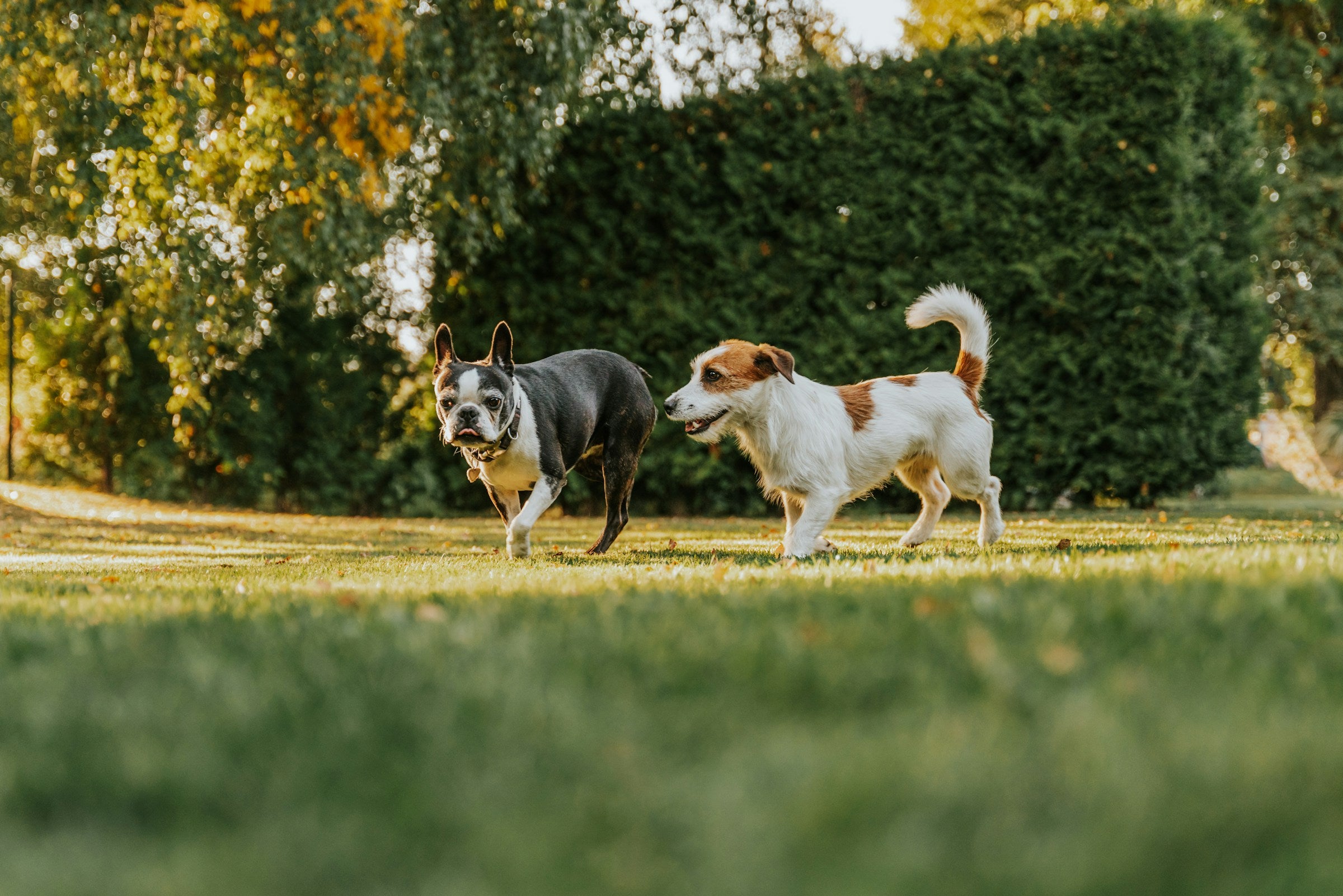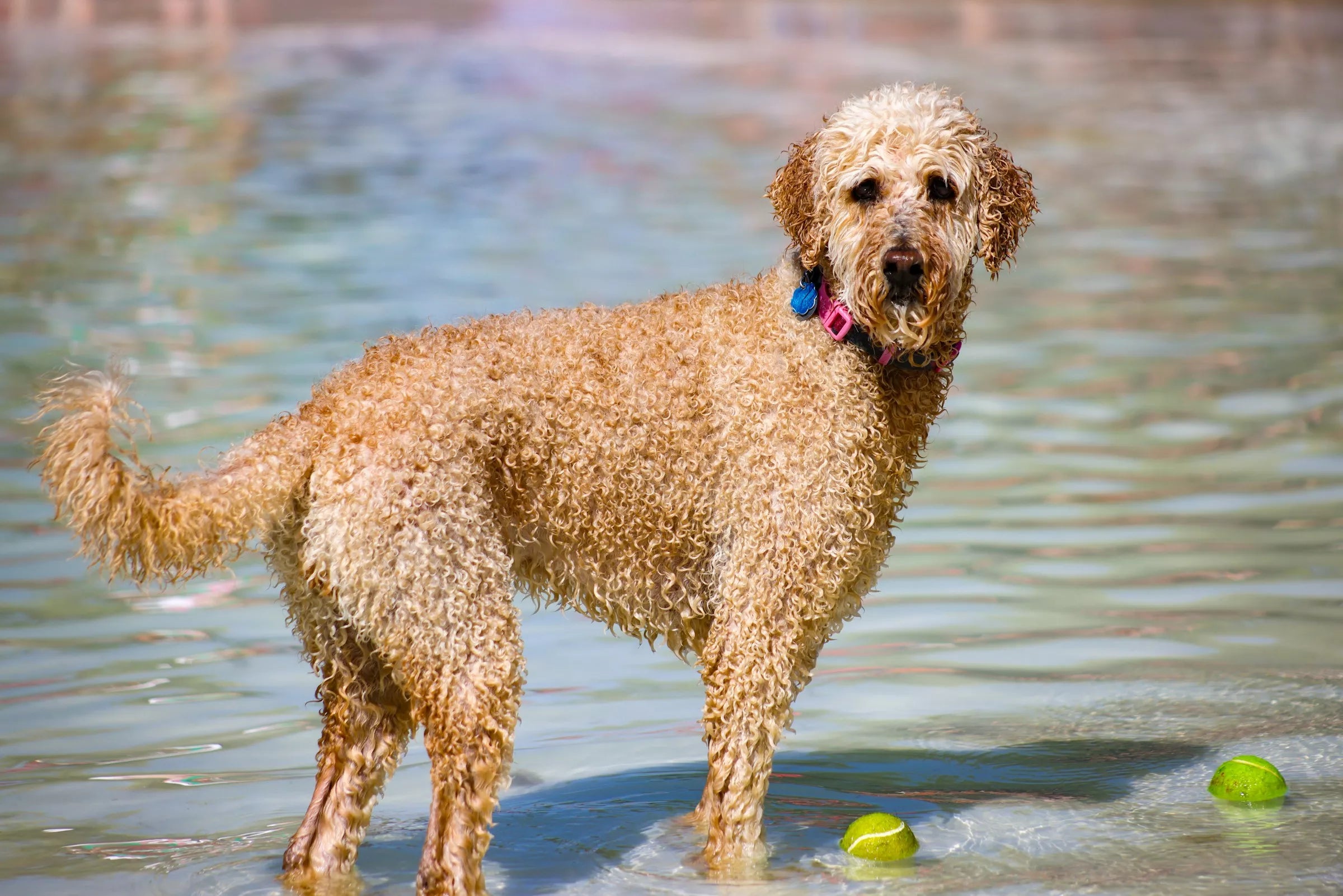Introduction
So, you’re thinking about bringing a furry friend into your life for the first time? Congratulations! Becoming a dog parent is one of the most rewarding experiences you can have. But, as you’ve probably guessed, it’s also a big decision. Choosing the right dog breed is key to ensuring a smooth and joyful transition into dog parenthood. Let’s walk through some important considerations and explore the breeds that are particularly well-suited for first-time dog parents like you.
Understanding Your Lifestyle
Before we dive into the specific breeds, it’s essential to think about your lifestyle. Are you an active person who loves long walks, or do you prefer relaxing at home with a good book? Your daily routine plays a significant role in determining the best dog breed for you.
-
Assessing Your Daily Routine: If you have a busy work schedule or travel often, you might want a breed that is more independent and can tolerate being alone for short periods.
-
Space Considerations: Apartment vs. House: Living in an apartment doesn’t mean you can’t have a dog, but some breeds adapt better to smaller spaces than others.
-
Energy Levels and Activity Preferences: Matching a dog’s energy level with your own is crucial. A high-energy dog might not be the best fit if you prefer a more laid-back lifestyle.
Qualities of a Good First-Time Dog Breed
Now that you’ve considered your lifestyle, let’s talk about what makes a dog breed a good choice for first-time parents.
-
Temperament: Look for breeds known for their calm and friendly demeanor. You want a dog that will be patient and gentle as you learn the ropes.
-
Trainability: Some dogs are easier to train than others. Breeds that are eager to learn and respond well to positive reinforcement are ideal for beginners.
-
Low Grooming Needs: While all dogs require grooming, some breeds are more high-maintenance than others. If you’re new to this, you might want to start with a breed that doesn’t require frequent trips to the groomer.
-
Health Considerations: Choose a breed known for good health and longevity to avoid the heartbreak (and expense) of frequent vet visits.
Top Dog Breeds for First-Time Dog Parents
Here are some of the best breeds for those stepping into dog parenthood for the first time. These breeds are known for their friendly nature, adaptability, and ease of care.
Labrador Retriever

Why Labs Are a Great Choice: Labs are incredibly popular, and for good reason. They’re friendly, loyal, and great with kids and other pets.
-
Temperament and Personality: Labrador Retrievers are known for their outgoing and eager-to-please personality. They’re gentle, patient, and always up for a game of fetch.
-
Exercise and Care Requirements: Labs do need regular exercise, so they’re perfect if you enjoy outdoor activities. They’re also relatively low-maintenance in terms of grooming.
Cavalier King Charles Spaniel

The Gentle and Affectionate Companion: If you’re looking for a smaller dog with a big heart, the Cavalier King Charles Spaniel is a perfect choice.
-
Perfect for Smaller Spaces: These dogs are ideal for apartment living. They don’t need a ton of space to run around and are content with a couple of daily walks.
-
Grooming and Health Needs: They do have a longer coat that requires regular brushing, but their calm and loving nature makes up for it.
Beagle

The Fun-Loving and Curious Pup: Beagles are full of personality and are a great choice if you’re looking for a dog with a bit of spunk.
-
Socialization and Training Tips: Beagles are friendly and love to be around people, but they can be a little stubborn. Consistent training is key.
-
Exercise and Lifestyle Compatibility: They need regular exercise to keep their curious minds occupied, so be ready for some fun adventures together.
Poodle (Miniature or Toy)

Intelligent and Adaptable: Poodles are not only smart but also highly trainable, making them a great choice for first-time dog parents.
-
Grooming Tips for Poodles: While their curly coat requires regular grooming, Poodles don’t shed much, which is a plus for keeping your home clean.
-
The Benefits of a Hypoallergenic Coat: Poodles are a good choice for those with allergies since their coat is less likely to cause reactions.
Shih Tzu

The Loyal and Lovable Lap Dog: If you want a dog that’s happy to sit on your lap and watch TV with you, the Shih Tzu is your breed.
-
Ideal for Apartment Living: Shih Tzus are perfectly content in small living spaces. They’re friendly, affectionate, and love to be around their humans.
-
Simple Grooming and Care Tips: Their coat does require regular brushing, but their easy-going nature makes grooming sessions enjoyable.
Golden Retriever

The Ultimate Family Dog: Golden Retrievers are another excellent choice for first-time dog parents, especially if you have kids.
-
Gentle Nature and Trainability: Goldens are incredibly patient and easy to train, making them perfect for families.
-
Exercise Needs and Suitability: They do need plenty of exercise, so they’re a great match if you’re looking for an active companion.
Bichon Frise

The Happy-Go-Lucky Companion: Bichons are cheerful, friendly, and perfect for first-time dog parents who want a small, easy-to-care-for dog.
-
Easy to Train and Care For: Bichons are known for their playful and affectionate nature. They’re also relatively easy to train, even for beginners.
-
Living Arrangements and Compatibility: They adapt well to both apartments and houses, making them versatile for various living situations.
Smaller Breeds vs. Larger Breeds: Which Is Better?
As a first-time dog parent, you might wonder whether a smaller or larger breed is better for you. Here’s a quick comparison to help you decide:
-
Pros and Cons of Small Breeds: Small breeds, like the Shih Tzu or Bichon Frise, are generally easier to manage in terms of space and exercise. However, they can sometimes be more prone to anxiety.
-
Pros and Cons of Large Breeds: Larger breeds, like the Labrador Retriever or Golden Retriever, are often more even-tempered and easier to train. But they require more space and exercise.
How to Choose the Right Dog Breed for You
When it comes down to it, choosing the right dog breed is all about matching your personality and lifestyle with the traits of the breed.
-
Matching Personality with Breed Traits: Think about your own personality—are you outgoing, quiet, or somewhere in between? Try to find a breed that complements your traits.
-
Considering Future Plans and Family Additions: Are you planning to have kids soon, or do you have other pets? Make sure the breed you choose will fit well into your future plans.
-
Visiting Shelters and Meeting Dogs in Person: Sometimes, the best way to choose a dog is to meet a few in person. Many shelters and breeders are happy to let you spend time with their dogs before making a decision.
Preparing Your Home for a New Dog
Once you’ve chosen your new furry family member, it’s time to get your home ready!
-
Essential Supplies for Your New Pup: Make sure you have all the basics—food and water bowls, a comfy bed, toys, and grooming supplies.
-
Creating a Safe and Comfortable Space: Your dog will need a space to call their own, whether it’s a cozy corner of the living room or a crate for sleeping.
-
Puppy-Proofing Your Home: Just like baby-proofing, puppy-proofing is crucial. Keep electrical cords, small objects, and toxic plants out of reach.
Training Tips for First-Time Dog Parents
Training is a big part of being a dog parent, especially for the first time. But don’t worry, you’ve got this!
-
Importance of Early Socialization: Start socializing your dog early on to ensure they’re comfortable around other people and pets.
-
Basic Commands Every Dog Should Know: Teaching your dog basic commands like sit, stay, and come is essential. It’s not just about obedience; it’s about building trust.
-
Patience and Consistency in Training: Training takes time, so be patient. Consistency is key, and remember to use positive reinforcement.
The Importance of Routine and Structure
Dogs thrive on routine. Establishing a daily schedule will help your new pup feel secure and happy.
-
Establishing a Daily Routine: Try to stick to a regular schedule for feeding, walks, and playtime. This will help your dog understand what to expect each day.
-
Feeding, Walks, and Playtime: Balanced meals, regular walks, and plenty of playtime are crucial for your dog’s health and happiness.
-
Setting Boundaries Early On: It’s easier to set boundaries and rules when your dog is still young. Be consistent with house rules from day one.
Common Challenges and How to Overcome Them
Even with the best preparation, challenges will arise. Here’s how to handle some common issues:
-
Handling Separation Anxiety: If your dog struggles with being alone, gradually increase the time you’re away and provide plenty of distractions like toys and puzzles.
-
Dealing with Chewing and Nipping: Provide plenty of chew toys and gently redirect any nipping behavior to appropriate toys.
-
Managing Barking and Other Behavioral Issues: Address barking by identifying the cause—whether it’s boredom, anxiety, or something else—and providing the right solution.
The Joys of Being a Dog Parent
Despite the challenges, being a dog parent is incredibly rewarding. The bond you’ll form with your dog is like no other.
-
Building a Bond with Your Dog: Spend quality time together, whether it’s through play, training, or just cuddling on the couch.
-
The Unconditional Love of a Dog: There’s nothing like the love of a dog. They’re always happy to see you, no matter what.
-
Fun Activities to Do Together: Explore new parks, try out dog-friendly cafes, or even teach your dog new tricks—there’s no shortage of fun to be had!
Conclusion
Choosing the right dog breed as a first-time dog parent is an exciting journey. Whether you’re drawn to the playful Beagle, the gentle Labrador, or the affectionate Cavalier King Charles Spaniel, there’s a perfect pup out there for you. Remember, it’s all about finding the right match for your lifestyle and personality. Enjoy the journey, and before you know it, you’ll be wondering how you ever lived without your new best friend!
FAQs
-
What if I live in a small apartment? Can I still get a dog?
- Absolutely! Many breeds, like the Cavalier King Charles Spaniel or Shih Tzu, are well-suited for apartment living.
-
How much time should I dedicate to training?
- Consistency is key. Aim for short, daily training sessions, especially in the early months.
-
Are there specific breeds that are better with children?
- Yes, breeds like Labrador Retrievers and Golden Retrievers are known for their gentle nature and are great with kids.
-
What if I have allergies? Can I still have a dog?
- Consider hypoallergenic breeds like Poodles or Bichon Frises, which are less likely to trigger allergies.
-
Is it better to adopt or buy a dog for first-time dog parents?
- Both options are great! Adopting can be incredibly rewarding, and many shelters have dogs of all breeds and temperaments waiting for a loving home.















Share:
Top 5 Best Dog Foods for Sensitive Stomachs
3 Ways to Help Your Dog Overcome Separation Anxiety